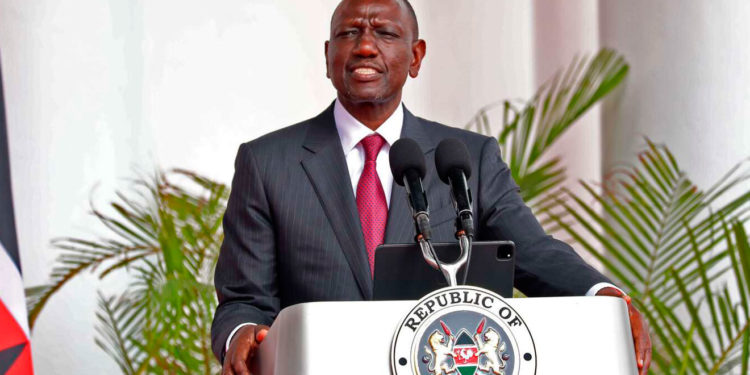In a nation address this afternoon, President William Ruto outlined new directives aimed at reforming the public service sector amidst the backdrop of recent anti-government protests. Among the key points in his speech was the enforcement of a mandatory retirement age of 60 for all public servants, with no extensions to be granted.
President Ruto also announced that public servants and state officers would no longer be permitted to participate in public contributions and harambees. This directive seeks to eliminate the misuse of public positions for personal fundraising and to promote ethical standards within the public service.
These announcements come at a time when the nation is abuzz with discussions of a potential cabinet reshuffle, suggesting imminent changes within the government. The president’s address is seen as a response to the growing public discontent that has fueled recent anti-government protests. These protests have been driven by frustrations over economic hardships, high living costs, and allegations of corruption within the government.
The directives are part of a broader strategy to address the nation’s economic challenges and restore public trust in the government. President Ruto’s administration has been under pressure to demonstrate fiscal responsibility and improve governance.
While the president’s speech emphasized the need for these reforms, the timing of the address, just as discussions about shuffling the cabinet have been gaining momentum, indicates that more significant changes could be on the horizon. This has sparked widespread speculation about the future composition of the government and its policy directions.
The recent anti-government protests, which have seen significant youth participation, reflect a broader demand for systemic change and greater accountability from the government. The president’s address today is seen as an attempt to address some of these concerns and to reassure the public of the government’s commitment to transparency and reform.












